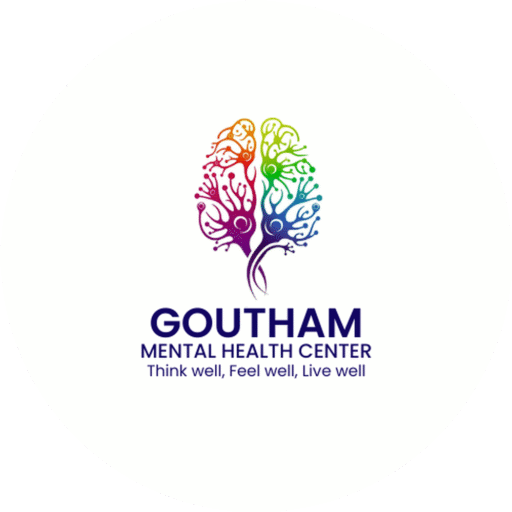Dissociative and conversion disorders involve disruptions in memory, identity, perception, or physical functioning that are not caused by a medical condition. These conditions often develop as the mind’s way of coping with extreme stress, trauma, or overwhelming emotions. At our clinic, we approach these disorders with understanding, patience, and a blend of psychological and medical expertise to help patients reclaim stability in their daily lives.
Common conditions we treat
- Dissociative Amnesia – memory loss related to stressful or traumatic events.
- Dissociative Identity Disorder (DID) – the presence of two or more distinct identities or personality states.
- Depersonalization/Derealization Disorder – feeling detached from oneself or the surrounding environment, as if life is unreal.
- Conversion Disorder (Functional Neurological Symptom Disorder) – neurological symptoms like paralysis, blindness, or seizures without a medical cause, often triggered by stress or emotional conflict.
- Mixed Dissociative Symptoms – combinations of detachment, identity shifts, and altered consciousness.
Our approach to care
- Detailed diagnostic evaluation to rule out medical causes and understand psychological factors.
- Trauma-focused therapy to address unresolved emotional pain and past experiences.
- Cognitive Behavioral Therapy (CBT) and grounding techniques to reduce dissociation and improve coping.
- Medication management when symptoms are linked to depression, anxiety, or PTSD.
- Psychoeducation for patients and families to understand symptoms and support recovery.
- Stress management and lifestyle adjustments to promote emotional and physical stability.
Our goal is to help individuals restore a sense of control, reconnect with themselves, and live with greater emotional clarity and confidence.

